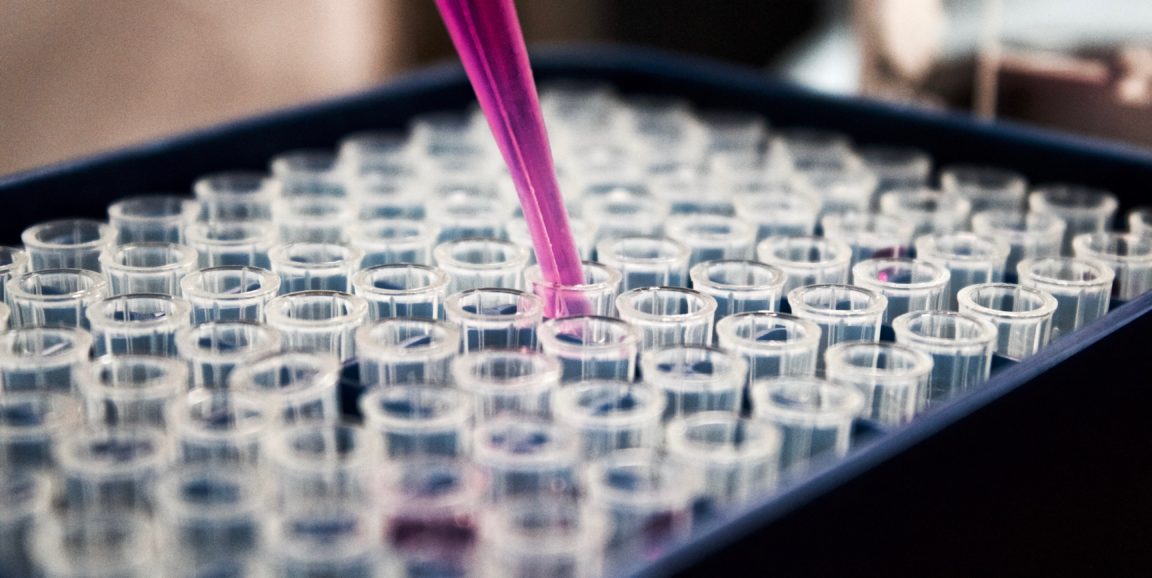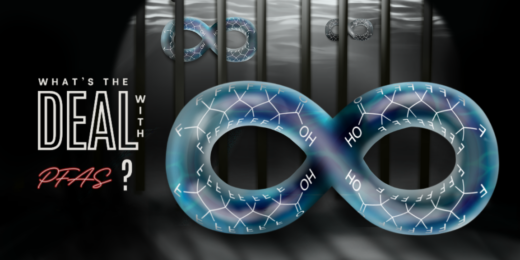Stanford neuroimmunologist Larry Steinman, MD, and his colleagues have demonstrated that gene therapy can be effective without causing a dangerous side effect common to all gene therapy: an autoimmune reaction to the normal (healthy) protein, which the patient with a damaged form of the protein is encountering for the first time.
One in every 5,000 boys is born with Duchenne muscular dystrophy, a crippling disease that leaves patients wheelchair-bound by mid-adolescence and is typically fatal by young adulthood. Duchenne stems from a genetic defect that deprives skeletal and cardiac muscles of a working version of a protein called dystrophin.
Because it's the result of a single defective gene, Duchenne is an excellent candidate for gene therapy, in which a patient’s faulty gene is replaced with the correct version.
But there’s a catch, Steinman said when I interviewed him for our news release about the new research:
If you give a gene that’s a recipe for a normal protein to someone with a faulty version of the gene, whose body never made the normal protein before, that person’s immune system will mount a reaction — in some cases, a lethal one — to the normal protein, just as it would to any foreign protein. We think we’ve solved that problem.
In a study published in the Proceedings of the National Academy of Sciences, Steinman and his colleagues effected an autoimmunity workaround by splicing the replacement gene into a delivery vehicle called a plasmid.
Plasmids are tiny rings of DNA that bacteria often trade back and forth to disseminate important traits, such as drug resistance, among one another. The particular bacterial plasmid the investigators co-opted ordinarily contains several short DNA sequences, or motifs, that the immune system recognizes as suspicious and to which it mounts a strong response. But some years ago, Steinman and a few other Stanford scientists figured out how to replace those troublesome DNA motifs with another set of DNA sequences that, far from exacerbating the immune response, subdue it.
This modified plasmid workhorse has already been deployed to induce immune tolerance in clinical trials for two different autoimmune conditions — type 1 diabetes and multiple sclerosis — with promising results.
In the new study, mice bioengineered to lack functioning dystrophin — and, thus, very closely mimicking the symptoms of Duchenne muscular dystrophy — received gene therapy. But some of the mice also received the immune-tolerance-inducing plasmid carrying the replacement gene on it.
About eight months later, the mice that got the plasmid had significantly greater muscular strength and substantially more dystrophin-producing muscle fibers than the other mice. They also had the earmarks of a much-reduced inflammatory autoimmune reaction to the novel (for them) normal version of the protein.
From our release:
'[I]t seems we can induce tolerance to a wide assortment of formerly immunogenic proteins by inserting the gene for the protein of interest into the plasmid,' Steinman said. 'We’ve seen this with the insulin precursor, in people who have Type 1 diabetes, and with myelin, in people who have multiple sclerosis. It now looks as if the concept may hold for gene therapy, too.'
Photo by Louis Reed




